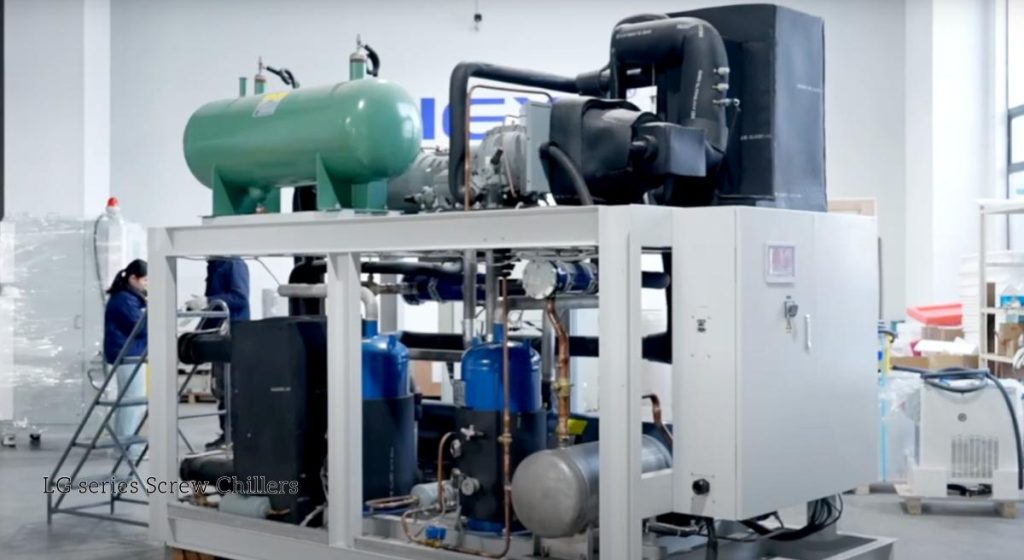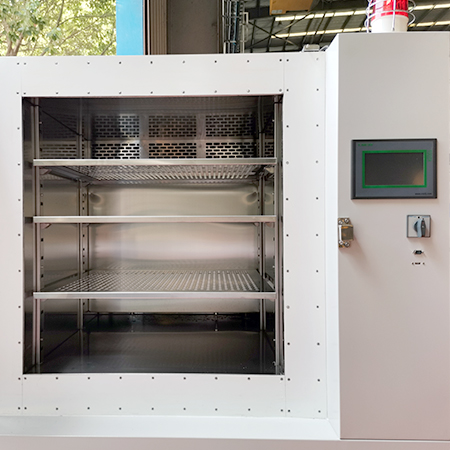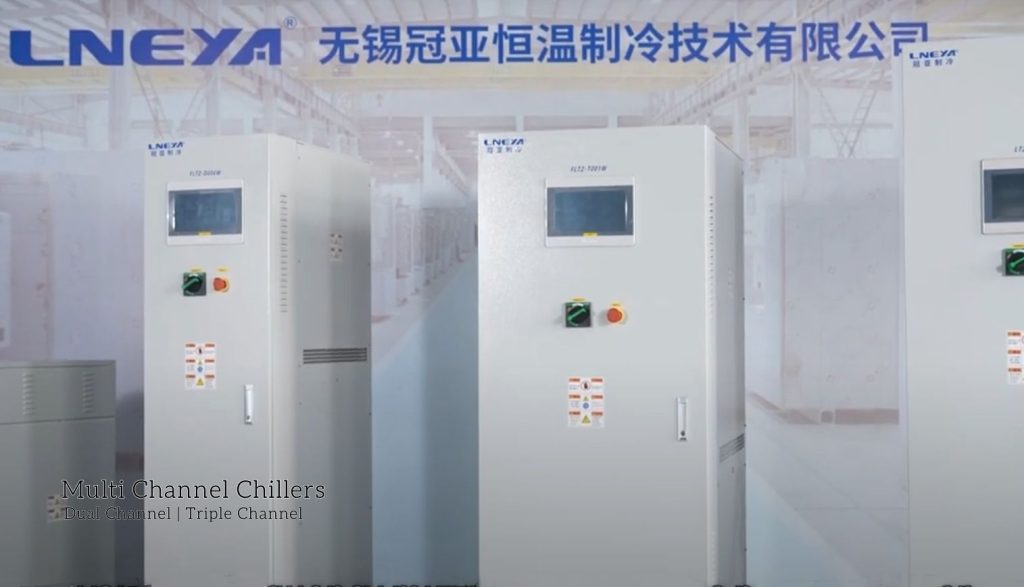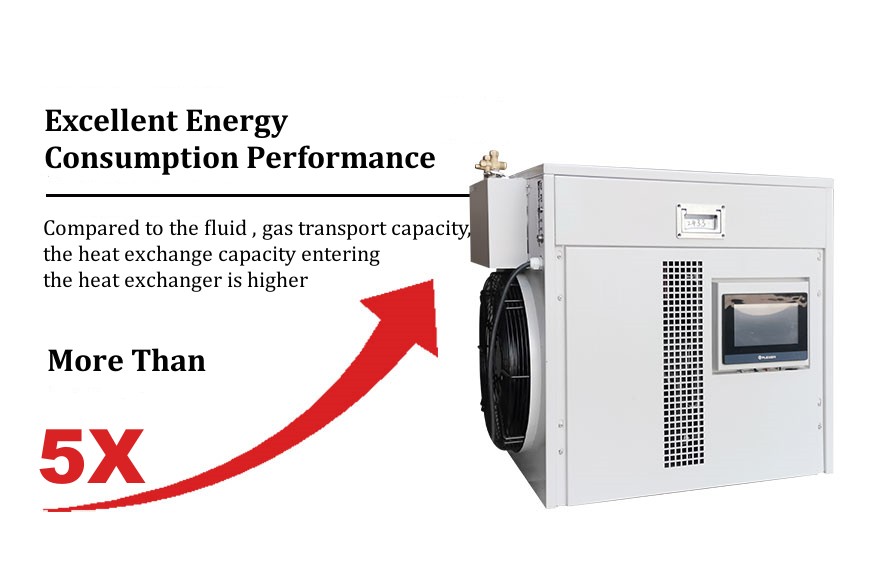What Are Water-Cooled Condensers

- 4 Types of Refrigeration Systems Which One Fits Your Facility
- What is a VFD chiller VFD chiller vs Non VFD chiller
- What is a Gas Chiller
- What is a Scroll Chiller
- What is a Screw Chiller
- Chiller Refrigerant Charging Tools Steps and Tips
- Chiller Low Pressure Alarm 5 Common Reasons and Solutions
- Is r22 refrigerant still available for chillers
- 2025년 8월
- 2025년 7월
- 2025년 6월
- 2025년 5월
- 2025년 3월
- 2025년 2월
- 2025년 1월
- 2024년 12월
- 2024년 11월
- 2024년 10월
- 2024년 9월
- 2024년 8월
- 2024년 7월
- 2024년 6월
- 2024년 5월
- 2024년 4월
- 2024년 3월
- 2024년 2월
- 2023년 9월
- 2023년 7월
- 2023년 6월
- 2023년 5월
- 2023년 1월
공냉식 냉각기 냉각기 냉각기 설치 냉각기 Chiller Troubleshooting 저온 조립 냉동고 냉각 냉각기 냉각 난방 순환기 냉각 난방 시스템 cooling system 이중층 유리 반응기 동적 온도 제어 시스템 냉동고 가스 냉각 냉각기 난방 순환기 산업용 냉각기 산업용 냉각 산업용 냉동고 산업용 냉장고 재킷 리액터 저온 냉각기 뉴스 제약 냉각기 공정 냉각기 원자로 냉각기 원자로 냉각 원자로 냉각 가열 원자로 가열 냉각 리액터 시스템 냉장 서큘레이터 냉장 냉각기 스크류 냉각기 반도체 냉각기 반도체 테스트 냉각기 sundi tcu 온도 제어 테스트 챔버 온도 조절기 초저온 냉각기 차량 테스트 냉각기 물 냉각기 수냉식 냉각기 wtd
Water-cooled condensers are a key component in many industrial cooling systems, especially in large-scale water-cooled chillers. Cooling systems use water as a cooling medium to remove heat from the refrigerant, condensing the vapor back into liquid. The water absorbs the heat and is then discharged, allowing the cycle to repeat.
These condensers are often preferred in situations where air-cooled systems wouldn’t be as efficient, particularly in environments where space is limited or where higher efficiency is needed.
How Do Water-Cooled Condensers Work?
Water-cooled condensers operate based on a simple yet effective heat exchange process. The refrigerant, which is in gaseous form after being compressed by the compressor, enters the condenser coils. Here, it meets the cooling water, which flows through the condenser’s cooling tubes or shell.
As the hot refrigerant passes through the condenser, it transfers its heat to the water. The water absorbs this heat and cools the refrigerant, causing it to condense back into a liquid state. The heated water is then pumped away and replaced by cooler water to repeat the process.
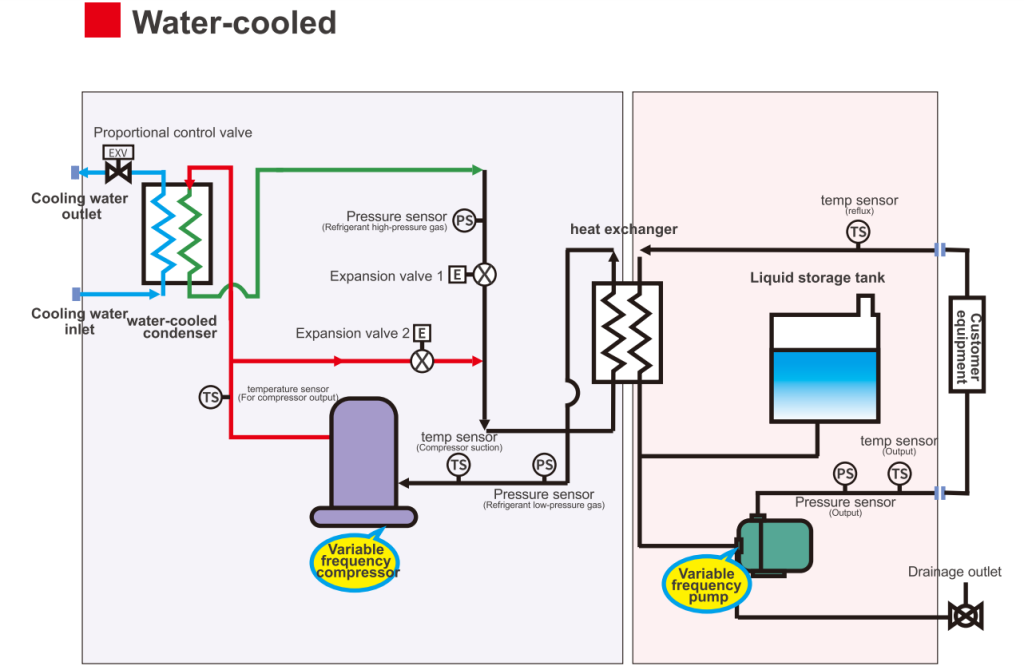
Types of Water-Cooled Condensers for Industrial Use
In industrial settings, several types of water-cooled condensers are commonly used. Each type is suited to different applications, depending on factors like size, cooling load, and space availability.
Shell and Tube Condensers
This is one of the most commonly used types in larger industrial systems. In this design, water flows through the tubes while the refrigerant flows over the tubes, allowing heat exchange to take place effectively.
Plate Heat Exchanger Condensers
In these systems, refrigerant flows through plates with cooling water passing in parallel channels. The plates create a highly efficient heat exchange surface, making this type ideal for situations where space is limited.
Air-Over-Water Condensers
This type combines both air and water cooling. A fan blows air across the water-cooled condenser coils, helping to enhance the cooling process. These are commonly used when there is a need for a combined approach in heat dissipation.
What Are the Advantages of a Water-Cooled Condenser?
Water-cooled condensers offer several advantages that make them particularly appealing in certain applications.
Higher Efficiency
Water is a more effective heat transfer medium compared to air. This makes water-cooled condensers more efficient, especially in high-load or continuous cooling applications.
Compact Design
These systems are often more compact than air-cooled alternatives, making them ideal for facilities where space is at a premium.
Consistent Cooling Performance
Water temperature is less susceptible to fluctuations than air temperature, which means water-cooled condensers can provide more stable and reliable cooling over time.
Lower Operating Costs
While the initial setup for a water-cooled system can be higher, the long-term operating costs are often lower. The enhanced efficiency means less energy is required to cool the refrigerant, which can significantly reduce energy bills.
When Does a Chiller Use a Water-Cooled Condenser?
Chillers with water-cooled condensers are used in environments that require efficient and consistent cooling, particularly when air-cooled systems would not perform as effectively. For example, large-scale industrial operations such as data centers, chemical processing plants, and manufacturing facilities often use water-cooled condensers to maintain a consistent temperature.
Water-cooled condensers are also ideal for systems that need to operate in high-heat environments or need to cool larger amounts of 냉매 efficiently.
What Is the Difference Between Air-Cooled Condensers and Water-Cooled Condensers?
While both types of condensers serve the same basic purpose — cooling the refrigerant and turning it from gas back into liquid — they operate differently and have distinct advantages.
냉각 매체
Air-cooled condensers use air to remove heat, while water-cooled condensers use water. Water, being more effective at heat transfer, allows for higher efficiency and more reliable cooling.
공간 요구 사항
Air-cooled condensers tend to take up more space because they rely on larger surface areas for heat exchange. Water-cooled condensers, on the other hand, are more compact and can fit into smaller spaces.
Energy Consumption
Water-cooled systems generally consume less energy than air-cooled systems because water transfers heat more efficiently. This means water-cooled systems can often provide the same level of cooling with lower energy usage.
Maintenance Needs
Air-cooled condensers are typically easier to maintain, as they don’t require a water supply system. Water-cooled condensers, however, need regular maintenance to ensure that the water system is clean, the water treatment is adequate, and there are no blockages in the pipes.
Talk to LNEYA Cooling Experts
Choosing the right cooling technology is a big decision. Whether a robust water-cooled condenser is the perfect heart for your 냉각기 시스템, or another solution makes more sense, you don’t have to figure it out alone.
With years of experience across countless industries, our experts at LNEYA can cut through the complexity. We’ll help you understand the real-world pros and cons for your specific application, environment, and goals.
Stop guessing. Get a clear answer tailored to your plant’s needs. Reach out to our team today for a consultation.
Related Chillers
문의하기
TEL:전화
이메일: 이메일
위챗 및 왓츠앱:

Wechat QR

문의 사항이 있으시거나 견적이 필요하신가요? 아래 양식을 작성해 주시면 저희 팀이 24시간 이내에 답변해 드리겠습니다.
 LNEYA 산업용 냉각기 제조업체 공급 업체
LNEYA 산업용 냉각기 제조업체 공급 업체












